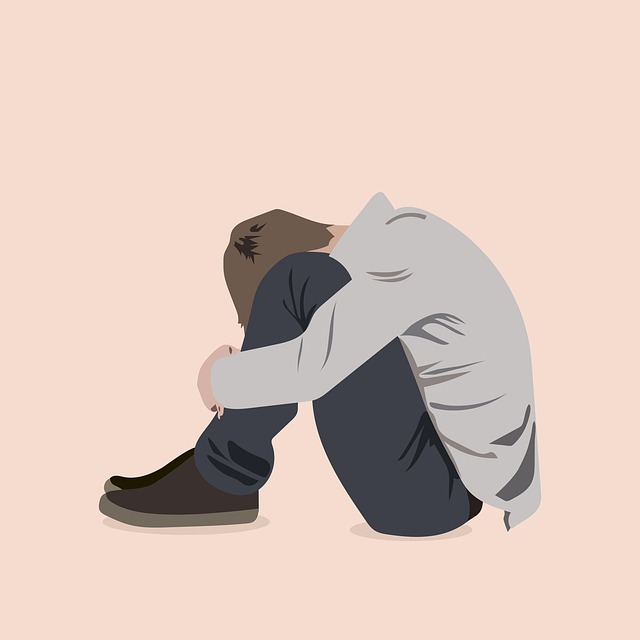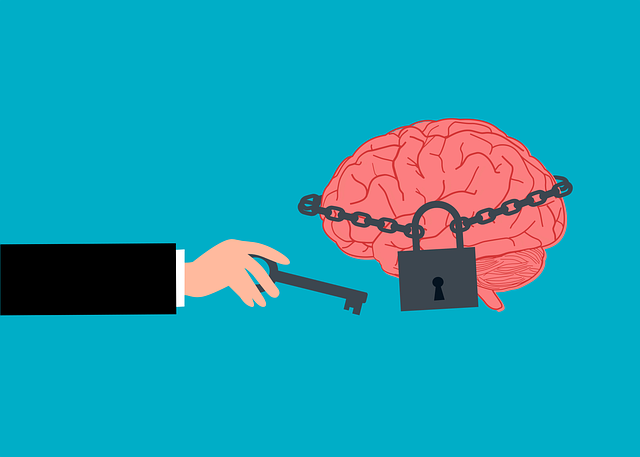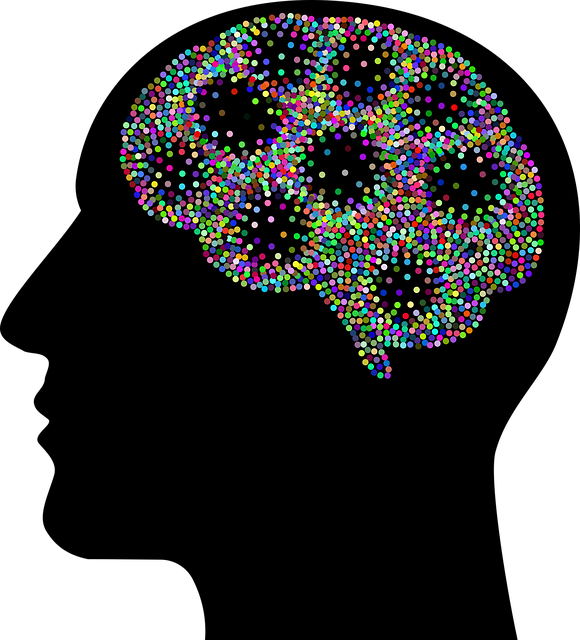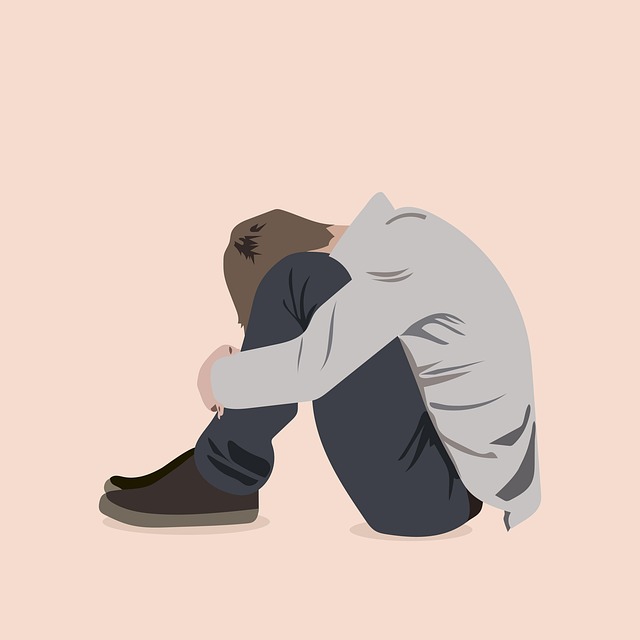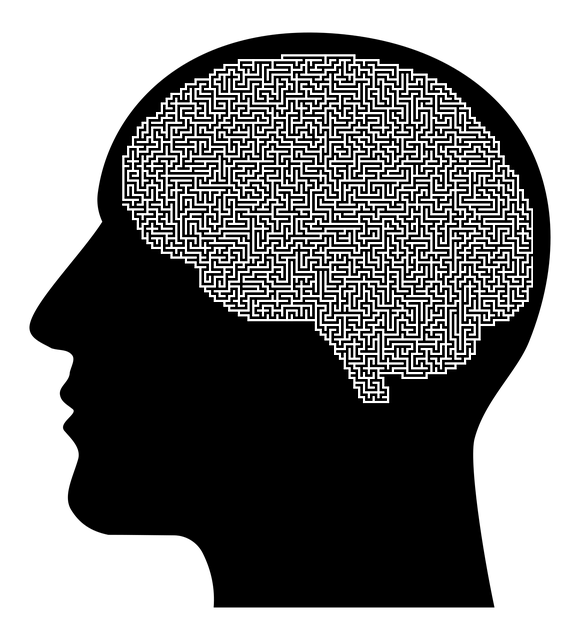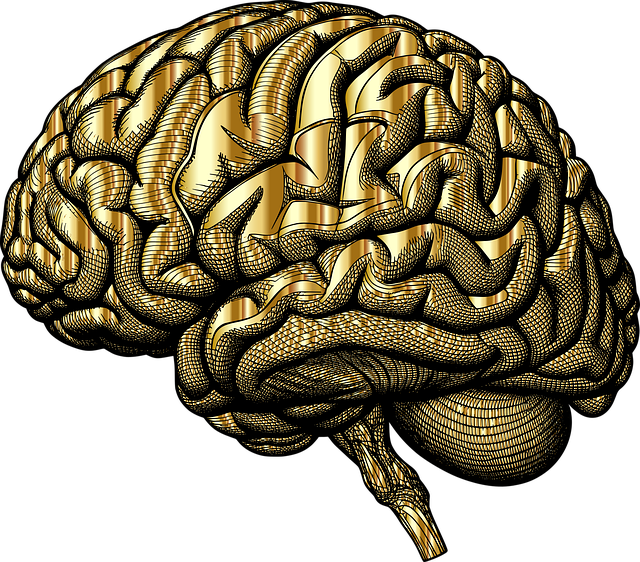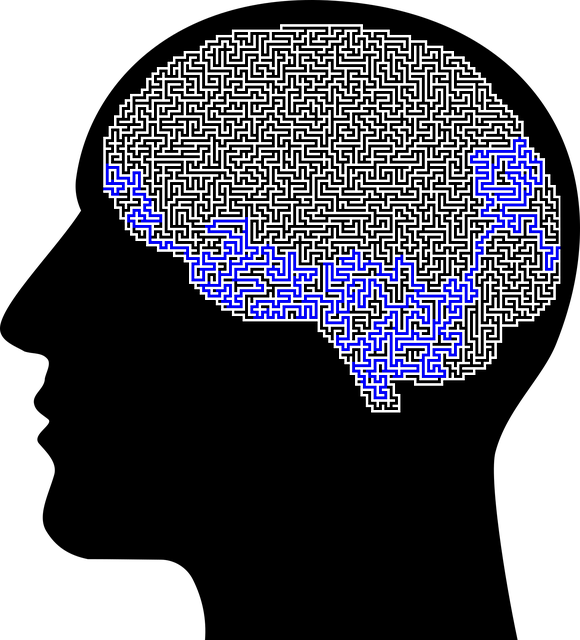Postpartum depression (PPD) affects 1 in 7 new mothers, yet remains overlooked. Lakewood offers specialized Lakewood Postpartum Depression Therapy to create safe spaces for expression and foster self-compassion. Regular self-care practices, like journaling, improve mood and overall mental health. Unique challenges in Lakewood include PPD risk; access to Lakewood Postpartum Depression Therapy and stigma reduction efforts provide crucial support. Structured routines and evidence-based techniques from therapists, such as CBT, promote resilience and positive outlooks. Community outreach programs make these services accessible, benefiting Lakewood mothers dealing with PPD.
In the profound transition into motherhood, new mothers in Lakewood often face the silent struggle of postpartum depression. Understanding this common yet treatable condition is paramount. This article explores self-care practices as a cornerstone for mental health recovery after childbirth. We delve into identifying personal needs, effective strategies to enhance daily routines, and available therapy options tailored for Lakewood mothers grappling with postpartum depression. Embracing self-care can transform lives.
- Understanding Postpartum Depression: A Common Struggle for New Mothers
- The Impact of Self-Care on Mental Health Recovery
- Identifying Personal Self-Care Needs After Childbirth
- Effective Strategies to Enhance Daily Routines and Well-being
- Finding Support: Therapy Options for Lakewood Mothers Postpartum
Understanding Postpartum Depression: A Common Struggle for New Mothers

Postpartum depression (PPD) is a common yet often undiagnosed struggle faced by many new mothers. It’s estimated that up to 1 in 7 women experience this serious mood disorder after giving birth, affecting their emotional well-being and ability to care for themselves and their babies. The symptoms can range from mild feelings of sadness and anxiety to severe depression and anxiety that interferes with daily activities, including self-care.
In Lakewood, accessing postpartum depression therapy is crucial for those dealing with this condition. Therapy provides a safe space for mothers to process their emotions, build empathy for themselves, and learn emotional well-being promotion techniques. Mental health awareness and the development of effective coping strategies are essential components of recovery, enabling new mothers to navigate this challenging period with support.
The Impact of Self-Care on Mental Health Recovery

Engaging in regular self-care practices is a game-changer when it comes to mental health recovery, especially for those navigating postpartum depression. The impact of prioritizing self-care cannot be overstated, as it serves as a powerful tool to enhance well-being and foster resilience. When individuals dedicate time to nurturing themselves, they create a buffer against the overwhelming nature of mental health challenges.
For instance, incorporating burnout prevention strategies specifically designed for healthcare providers can significantly alleviate stress and promote mental wellness. Simple practices like journaling—a form of mental wellness journaling exercises—allow individuals to process emotions, reflect on experiences, and set boundaries. These self-care practices enable people to reconnect with their needs, desires, and a sense of balance, which is crucial in combating postpartum depression. As a result, individuals may experience improved mood, better sleep, and enhanced overall mental health, setting the stage for a successful recovery journey, such as that supported by Lakewood Postpartum Depression Therapy.
Identifying Personal Self-Care Needs After Childbirth

After childbirth, women often experience a rush of new responsibilities and physical changes, which can make identifying their personal self-care needs crucial. This period is not just about recovering from physical birth but also managing the emotional rollercoaster that comes with becoming a new mother. Many new moms struggle with postpartum depression or anxiety, highlighting the importance of prioritizing mental health alongside physical well-being. Recognizing these needs involves acknowledging the unique challenges and vulnerabilities that arise during this life transition.
In Lakewood, access to specialized Postpartum Depression Therapy can be transformative for new mothers. These therapeutic interventions aim to support women in understanding and managing their emotional states, offering valuable tools for burnout prevention strategies among healthcare providers who assist them. Additionally, promoting Mental Illness Stigma Reduction Efforts and integrating Mental Health Education Programs Design into postpartum care can foster a more supportive environment, ensuring that both the mother and their families receive the resources needed to navigate this phase effectively.
Effective Strategies to Enhance Daily Routines and Well-being

Incorporating effective strategies into your daily routine is key to enhancing overall well-being, especially for new parents navigating the challenges of postpartum depression in Lakewood. Establishing a structured routine can provide a sense of stability and control, which is particularly beneficial during this vulnerable period. Start by prioritizing self-care practices such as regular exercise, mindful meditation, or engaging in hobbies that bring joy. These activities not only promote physical health but also foster positive thinking, a key component in the Mind Over Matter principles.
Additionally, seeking professional guidance, like Crisis Intervention services, can be immensely valuable. Therapists equipped with evidence-based techniques can assist individuals in developing personalized strategies to manage symptoms and improve their quality of life. By combining these approaches, parents can create a balanced routine that supports both their mental and physical health, ultimately fostering resilience and a more positive outlook on life post-delivery.
Finding Support: Therapy Options for Lakewood Mothers Postpartum

For Lakewood mothers navigating the postpartum period, finding support is essential for their well-being and that of their infants. Postpartum depression (PPD) is a common but often overlooked challenge, affecting many new mothers. Fortunately, various therapy options are available to help. Professional counseling, such as cognitive-behavioral therapy (CBT), has proven effective in managing PPD symptoms by teaching coping strategies and challenging negative thought patterns.
Compassion cultivation practices, incorporated into some therapeutic approaches, offer a unique way to foster self-compassion and reduce stress. Community outreach program implementation plays a vital role in making these services accessible, especially in areas like Lakewood where specialized mental health resources might be limited. Through support groups and individual therapy sessions, mothers can connect with peers facing similar challenges while learning valuable stress reduction methods tailored to their needs.
Postpartum depression is a significant challenge faced by many new mothers in Lakewood, but with the right self-care practices and support, recovery is achievable. By understanding the impact of self-care on mental health, identifying personal needs, and implementing effective strategies, mothers can enhance their daily routines and overall well-being. Additionally, accessing Lakewood postpartum depression therapy options ensures a comprehensive approach to healing. Remember, taking care of yourself is not just a recommendation—it’s a vital step towards rebuilding your symphony after childbirth.
